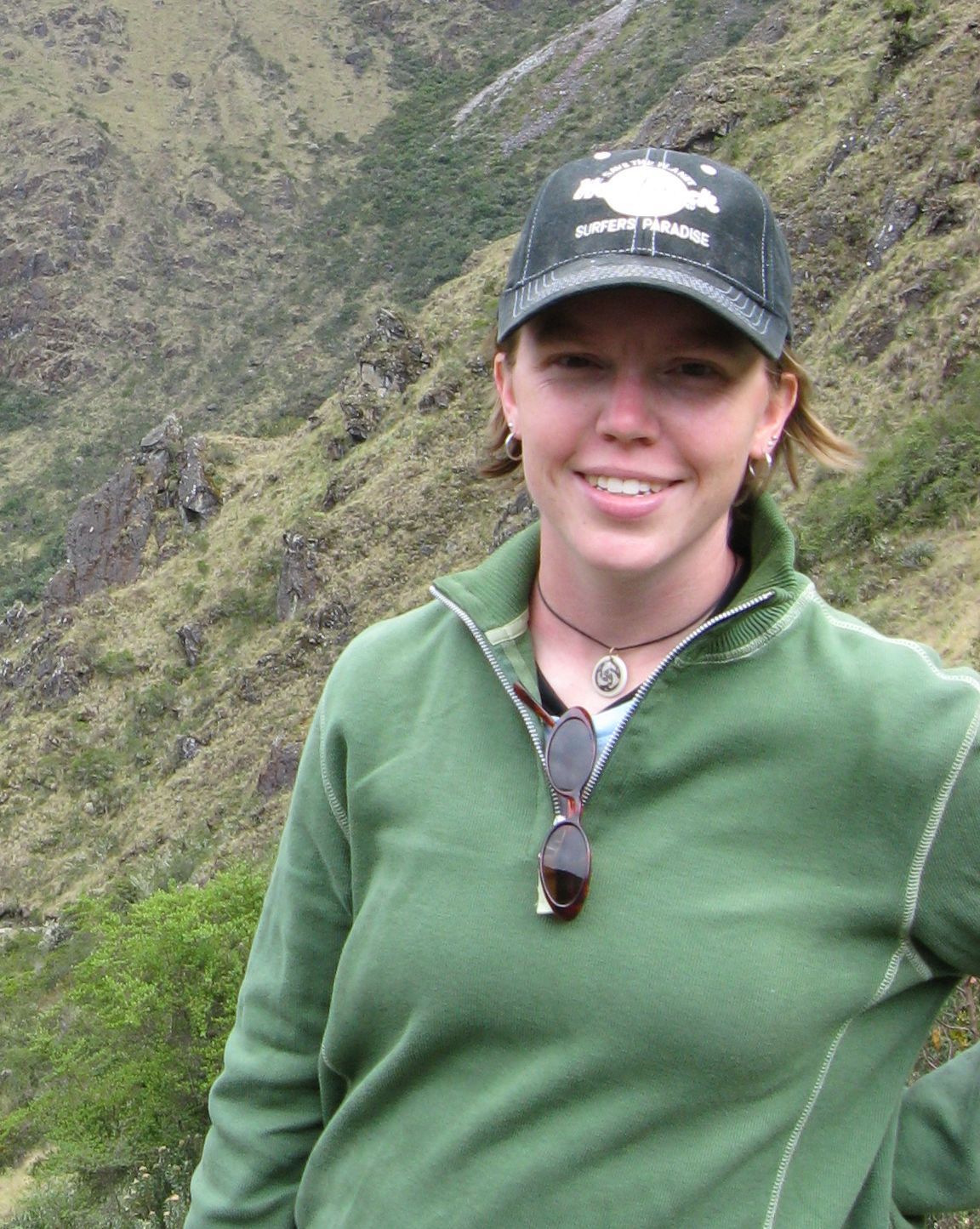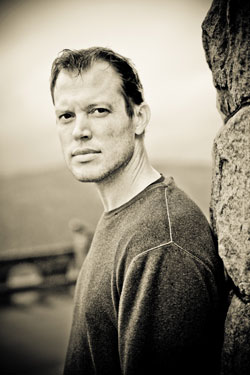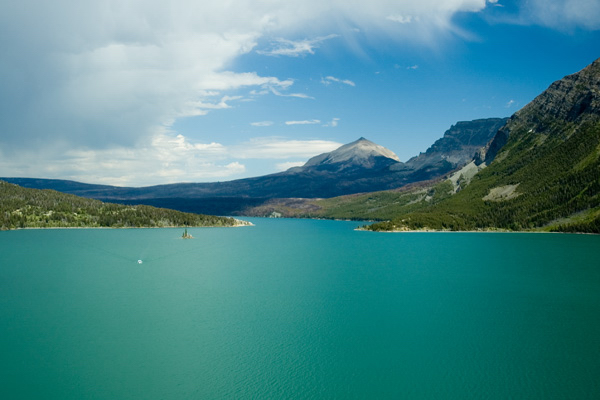Today we have a guest post from travel writer JoAnna Haugen….

So you want to be a travel writer. You want to travel around the world, stay in luxurious hotels, embark on adventurous quests in untapped destinations and share all your discoveries with people who only wish they could walk in your shoes.
To a lot of people, travel writing sounds like a dream job, and there’s no denying that it’s a lot of fun, but it’s also a lot of work. If you would like to pursue a career in travel writing, here are a few tips to help you get started:
DON’T expect to make a lot of money from travel writing. Sure, you can live a comfortable life from the money you’ll make writing about your travels, but only a handful of publications pay $1.00 or more per word for articles. As you begin to build your travel writing portfolio, you will likely need to pay your dues with lower paying or smaller assignments.
DO follow the specific guidelines for publications you pitch. This is true for any genre you write in, but it’s especially true for travel writing because the field is so competitive. You can’t give editors any reason to say no.
DON’T rule out publications not directly related to travel. Many lifestyle, regional, parenting, business and food publications fill their front-of-the-book pages with shorter pieces, and travel is often included in the mix.
DO be honest with your readers. They trust you to tell them the truth. If a hotel or restaurant doesn’t live up to expectations, let your readers know why. You are also under an obligation by the Federal Trade Commission to fully disclose any compensated experiences you are given as a travel writer. Though many publications have not made this common practice yet, you should at least let your editor know if your travel was free or discounted. Your readers rely on your honesty to make big financial decisions regarding travel. Don’t let them down.
DON’T use clichéd language. Places aren’t “gems” or “jewels.” There is only one actual Mecca, and there is no “paradise.” Places don’t “boast” anything. It’s easy to get caught up in the commercial language used by marketing firms to sell destinations, but this language doesn’t convey anything about a place. Tell it how it is. The world might be raw and rough at times, and it’s your job to accurately share that information with your readers.
DO look beyond a destination for an actual story. Very few publications actually want destination pieces. Destinations aren’t stories. Instead, look for and capture the small things that make a destination notable. Interview the women selling fish in a Vietnamese market. Look into the hiring practices of tour companies in Cusco, Peru. Define a single moment in your experience of white water rafting down the Nile River in Uganda.
DON’T assume you’re due special treatment because you’re a travel writer. In fact, in many cases, it’s better if you’re a regular guest at the hotel you’re staying at and the restaurant you’re eating at. You need to be able to honestly and accurately report on the experience a regular guest would have, not one that is catered to in order to receive a glowing review.
DO foster relationships in the travel industry. Connect with other travel writers, travel bloggers, tourism boards and public relations firms through social media, at networking events and at conferences. These people will be able to help you when you need someone on the ground that can double check a fact or, you are looking for photos to accompany a story.
DON’T accept every press trip you’re offered just because it’s free. Travel that is paid for by someone else is incredibly appealing, but not every trip is a good fit. If you are invited on a press trip, make sure the itinerary matches your niche. It does you no good to be a family travel writer on a trip focused on nightlife or a budget writer stuck in a luxury hotel. In general, it’s also helpful if the group size is kept to a minimum. Anything over eight writers and you may start to feel like you’re on a tour group or field trip.
DO enjoy yourself. After all, travel writing is a lot of fun. What other job gives you a good excuse to lay on the beach in the Bahamas, hike the Himalayas and eat your way through Italy? Respect the responsibilities that come with being a travel writer, and you’ll be well rewarded in return.
JoAnna Haugen is a full-time freelance writer with travel articles published in several online and print publications including WestJet’s up!, Diamond Resorts International Magazine, TravelSmart and National Geographic Traveler’s Intelligent Travel Blog. She is also the travel writer behind WhyGo Las Vegas and writes the popular travel blog Kaleidoscopic Wandering. Follow her travels on Twitter.





